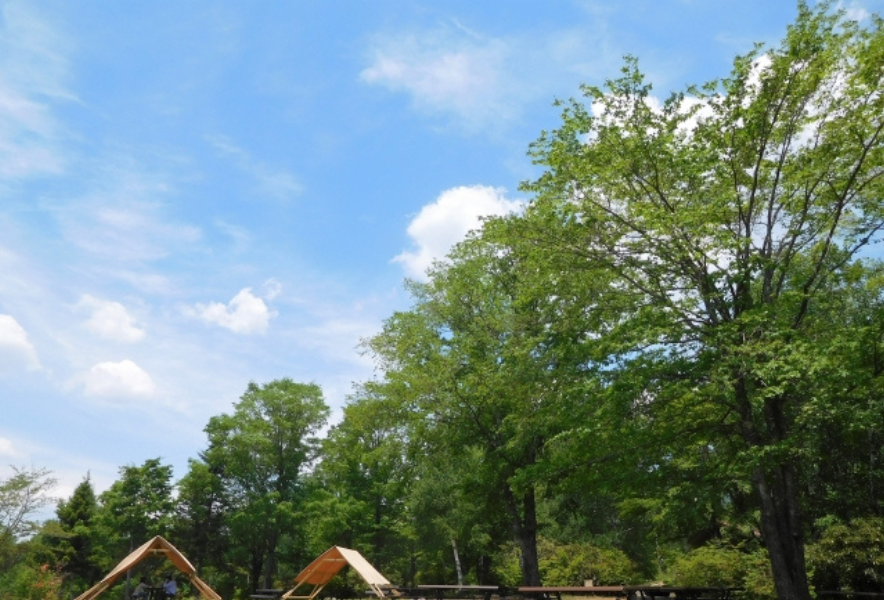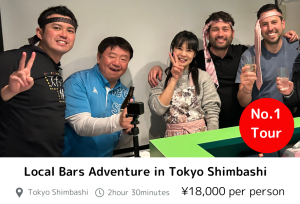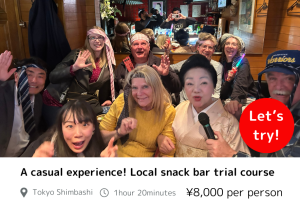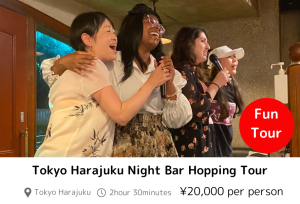In Japan, holidays are more than just breaks from work — they are deeply rooted in history, culture, and seasonal appreciation. For visitors, understanding how Japanese people spend their holidays can offer meaningful insights into the rhythm of daily life in Japan. From traditional customs to modern-day leisure activities, here are three key features that make Japanese holidays unique.
Contents
A Perfect Blend of Tradition and Modernity
Japan’s national holidays often stem from ancient customs and spiritual beliefs. For example, Shunbun no Hi (Spring Equinox Day) and Shūbun no Hi (Autumn Equinox Day) are based on the natural cycles of the sun, marking transitions between seasons. Families visit graves of ancestors, clean family altars, and appreciate the change in nature — a perfect reflection of how respect for nature and tradition still lives on.
On the other hand, holidays like Marine Day (Umi no Hi) and Mountain Day (Yama no Hi), introduced in the 1990s and 2010s respectively, celebrate Japan’s natural beauty and encourage people to connect with the outdoors. These newer holidays show Japan’s willingness to adapt tradition into modern life while still preserving cultural depth.

Golden Week and Seasonal Escapes
Japan’s most famous holiday period is Golden Week, a string of consecutive holidays from late April to early May, including Showa Day, Constitution Memorial Day, Greenery Day, and Children’s Day. This is one of the few times of year when many Japanese people take extended vacations.
During Golden Week, domestic travel peaks. Popular destinations include Kyoto’s historical temples, Okinawa’s tropical beaches, and Hakone’s relaxing hot springs. Even theme parks like Tokyo Disneyland are packed with families. For foreign travelers, it’s a chance to see Japan alive with color, festivals, and vibrant energy — but be prepared for crowds and full trains!
Quiet Moments and Personal Reflection
Not all Japanese holidays are celebrated loudly. Some, like Respect for the Aged Day (Keirō no Hi) or Culture Day (Bunka no Hi), promote introspection and community appreciation. People may visit grandparents, attend cultural exhibitions, or engage in quiet pastimes such as tea ceremonies or calligraphy.
Additionally, holidays provide an opportunity to rest and recharge. In Japan, where work culture can be intense, these designated days allow people to slow down and reconnect — whether it’s through nature, family, hobbies, or simply doing nothing at all.
Holidays Are for Refreshing the Mind and Soul
In Japan, holidays are designed not just for rest, but for emotional, cultural, and even spiritual renewal. Whether it’s embracing a seasonal change, honoring elders, or simply enjoying a hot spring bath, Japanese holidays reflect a unique balance of tradition and mindfulness. So next time you find yourself in Japan on a holiday, don’t just see it as a day off — see it as a chance to refresh your heart and soul. And please go into the Snack Bar with us!
Would you like to make your snack bar debut with a snack tour?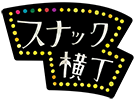
Snack bars, beloved by many since the Showa era, can be found all over Japan. You can enjoy communication with the owner and other customers, as well as singing karaoke, allowing for a relaxing time.
Most snack bars have a policy of refusing entry to foreigners. However, with a tour, you’ll have a guide, so you can enter with peace of mind.
When visiting Japan, don’t just check off the tourist spots –
dive into local experiences for an unforgettable journey!
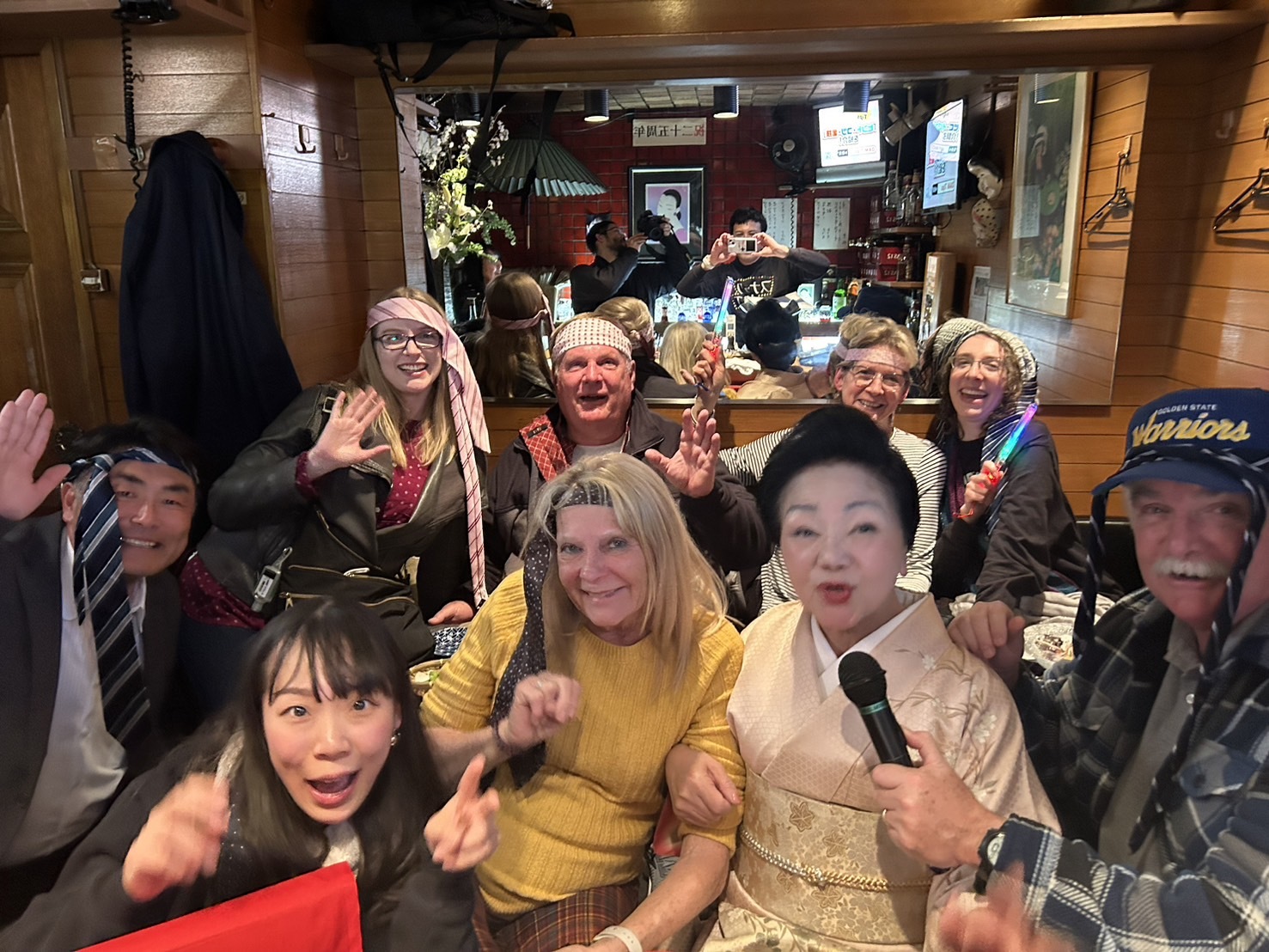
Once you experience it, you’ll be captivated too! The charm of snack bars.

New encounters with people! The camaraderie of singing at a snack bar! Conversations with the mama-san!

